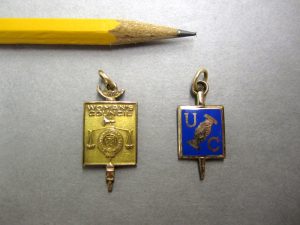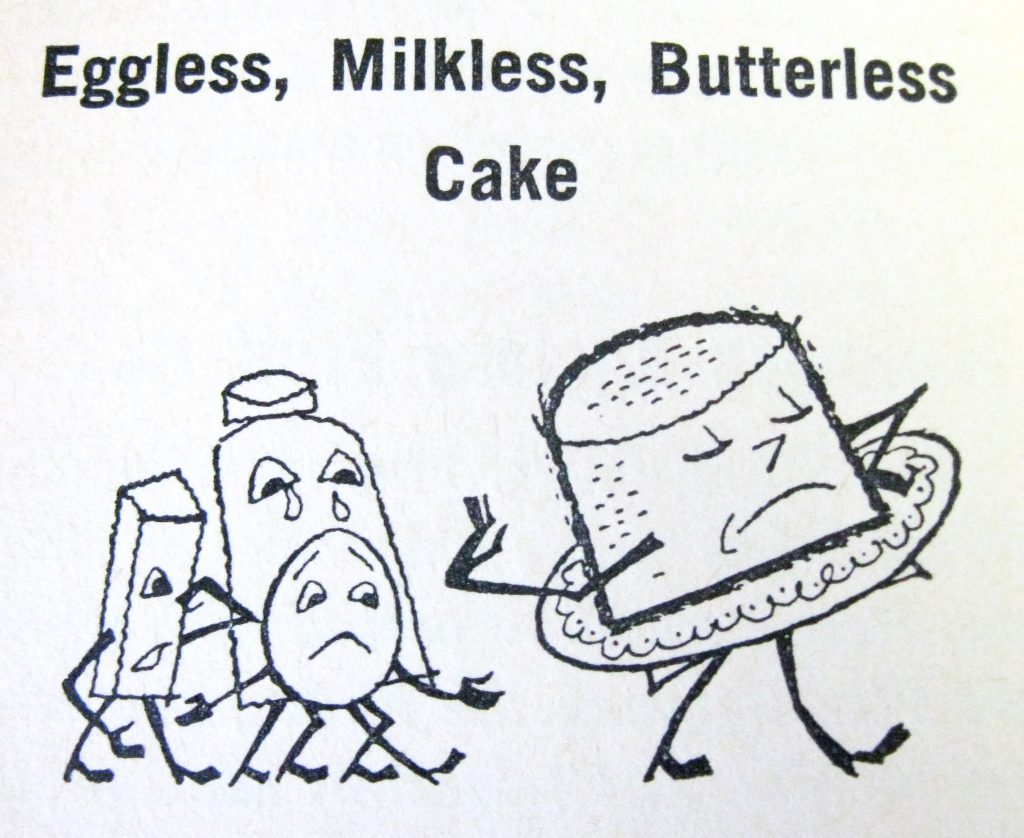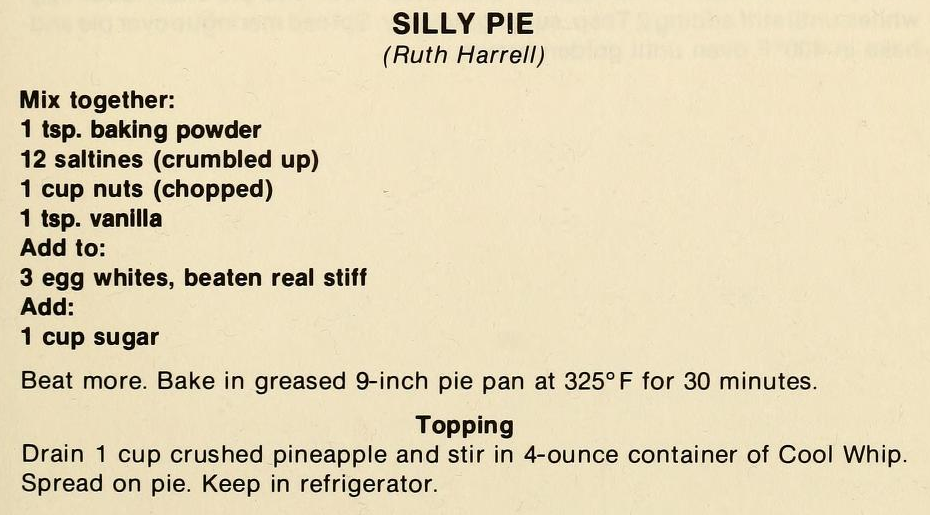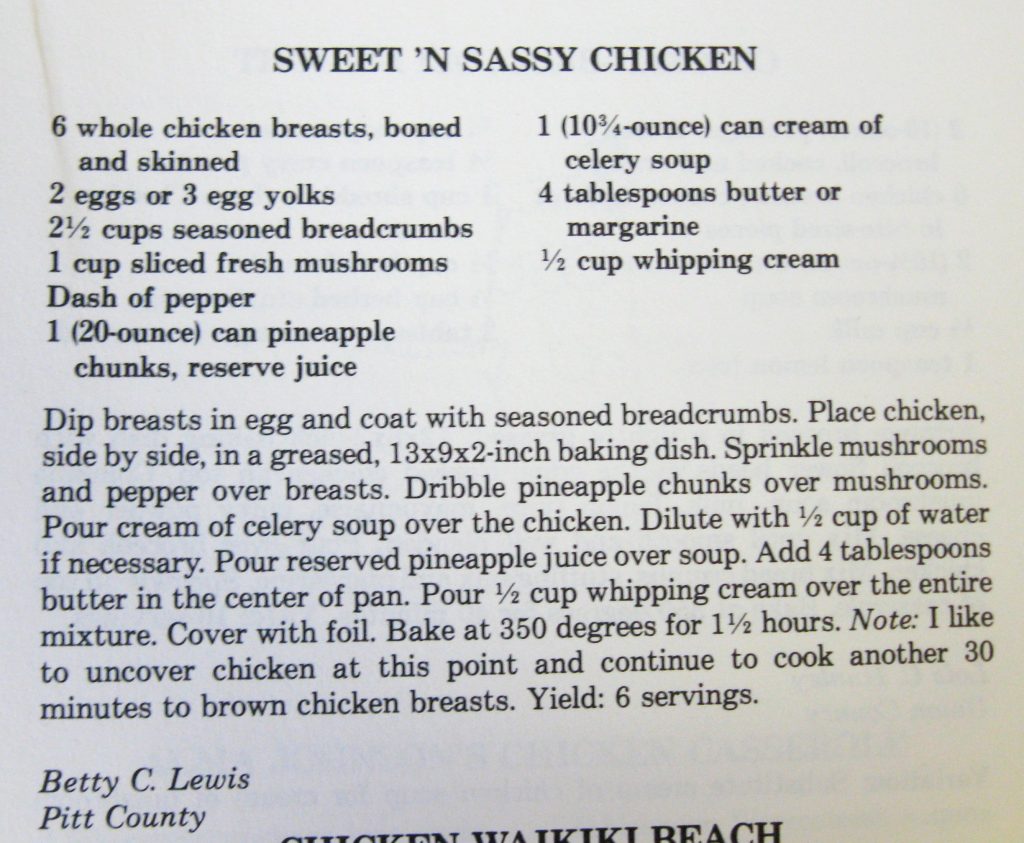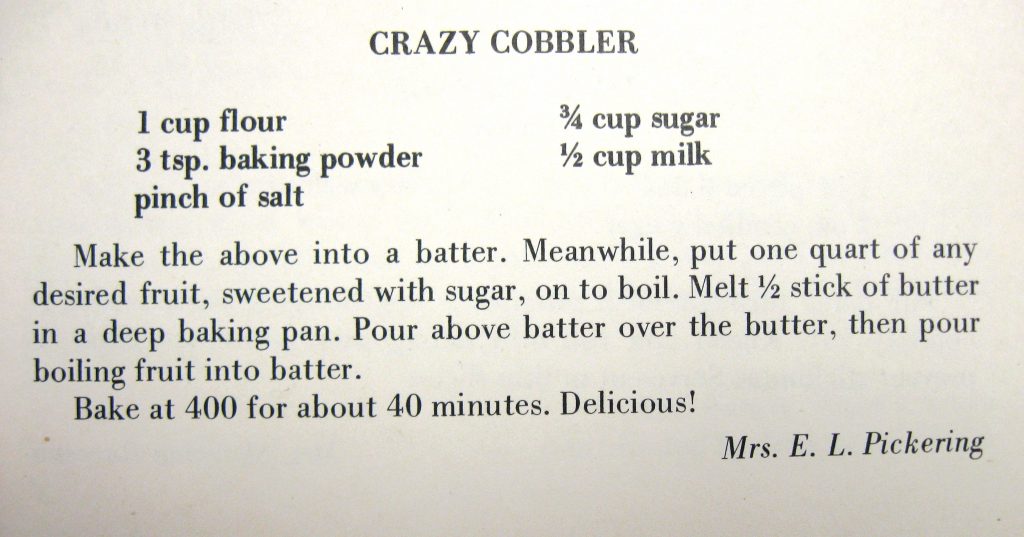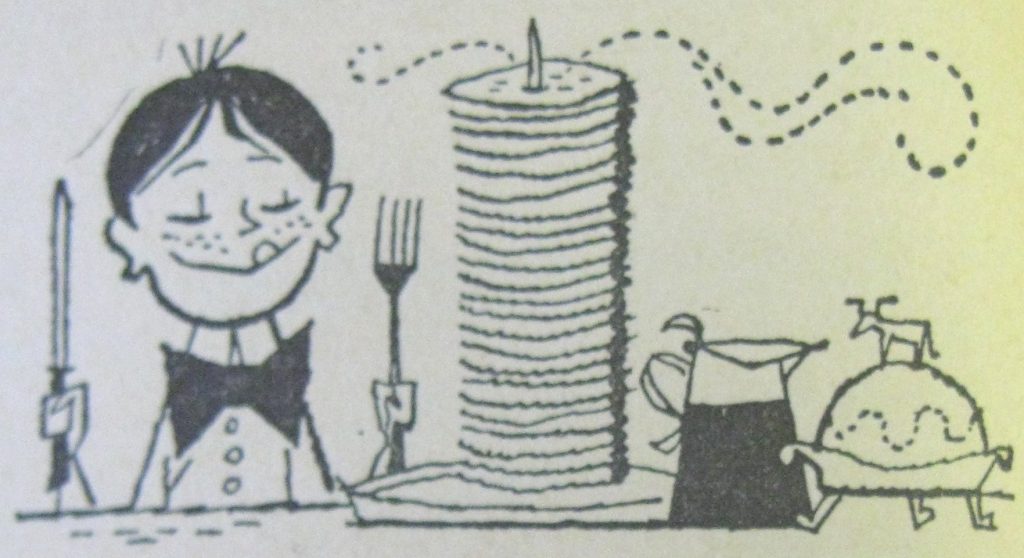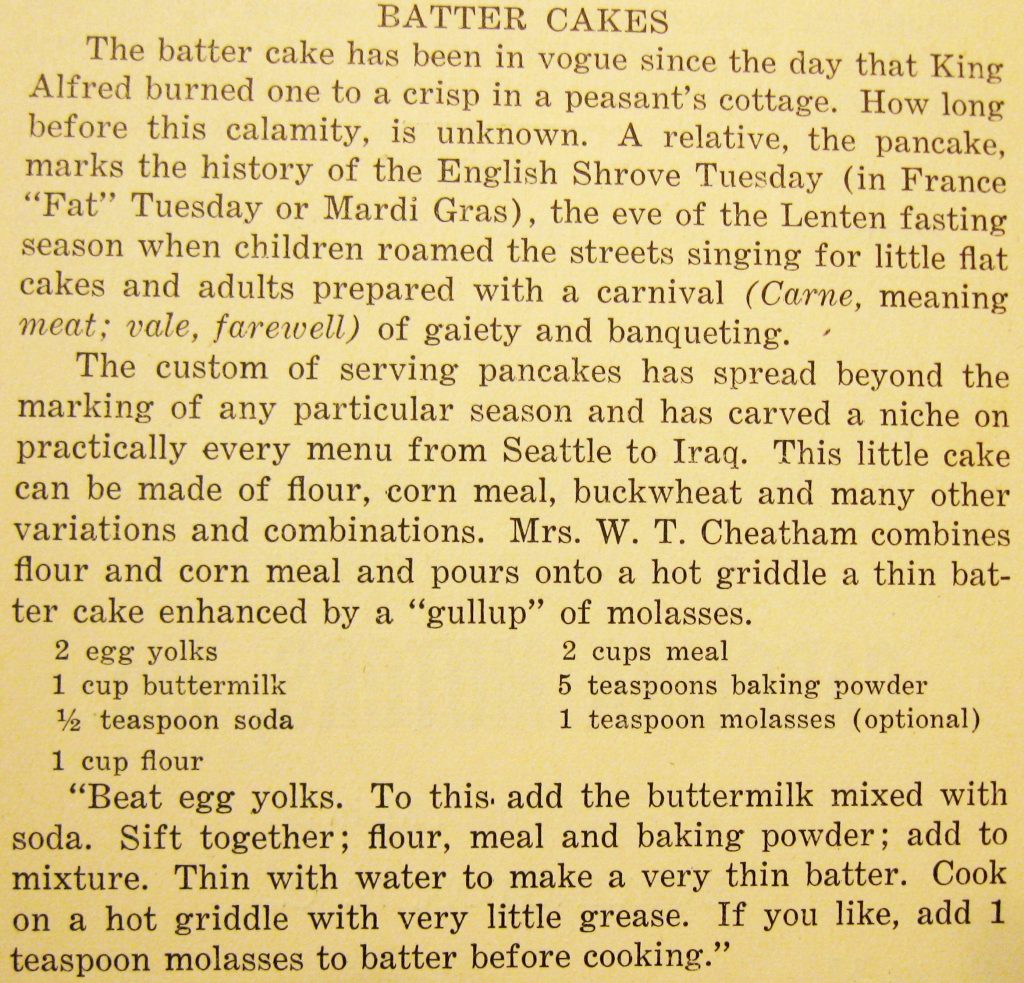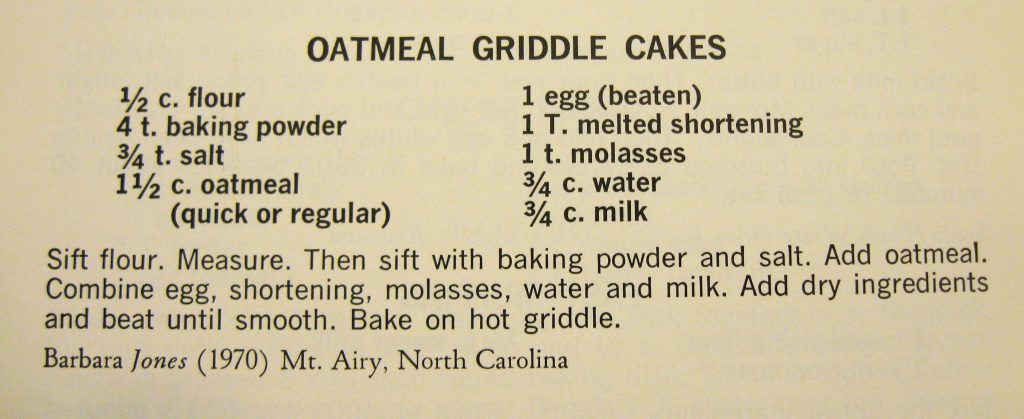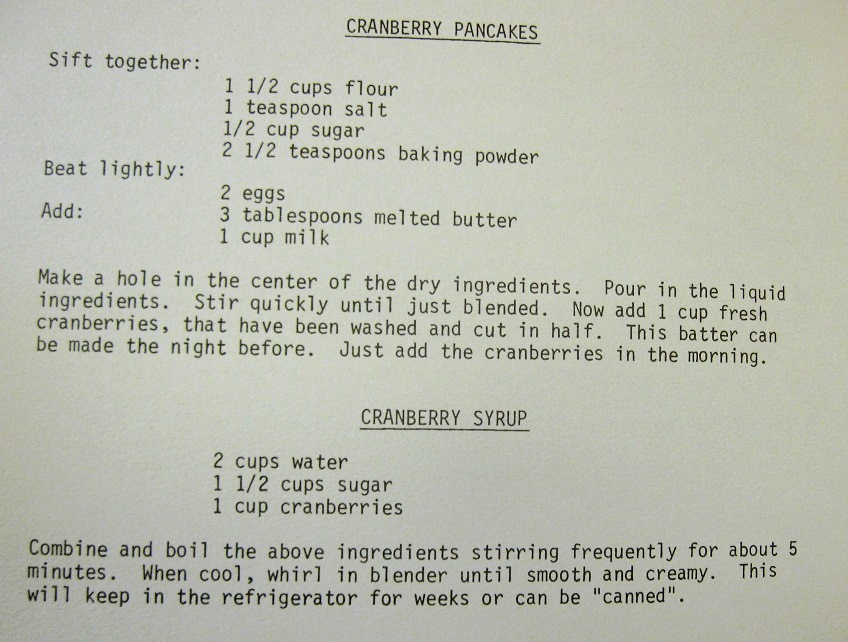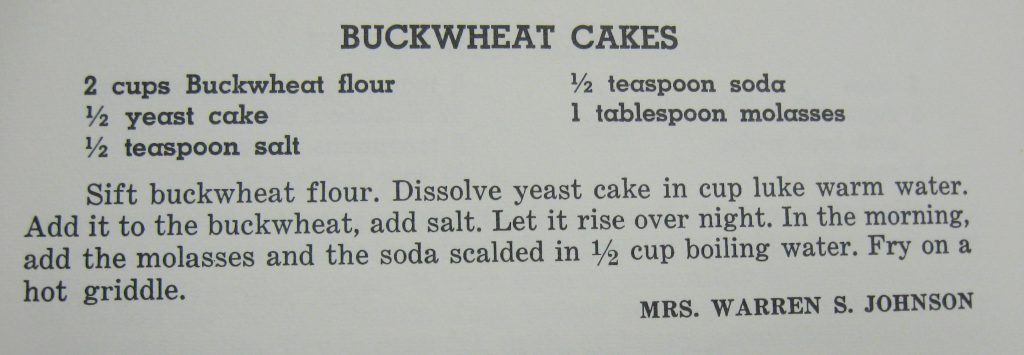Last year, NC Miscellany noted that despite its status as the largest African American managed financial institution in the United States, there was no Wikipedia article about the North Carolina Mutual Life Insurance Company.
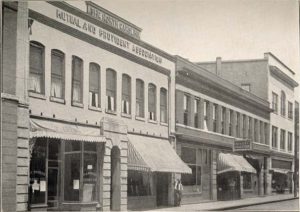
An article about the company has since been created, but it needs more work. And it’s just one of many weak areas in Wikipedia’s coverage of topics related to African American history in North Carolina.
On Sunday, March 30, the North Carolina Collection will host its second Wikipedia edit-a-thon, from 1:00 to 4:30.
Participants will create, expand, and improve Wikipedia articles about African American history, culture, people, events, and institutions in North Carolina. All are welcome — no special topical knowledge or Wikipedia experience is needed. Bring a laptop and we’ll help you do the rest!
For more details and to RSVP, see the event page.

